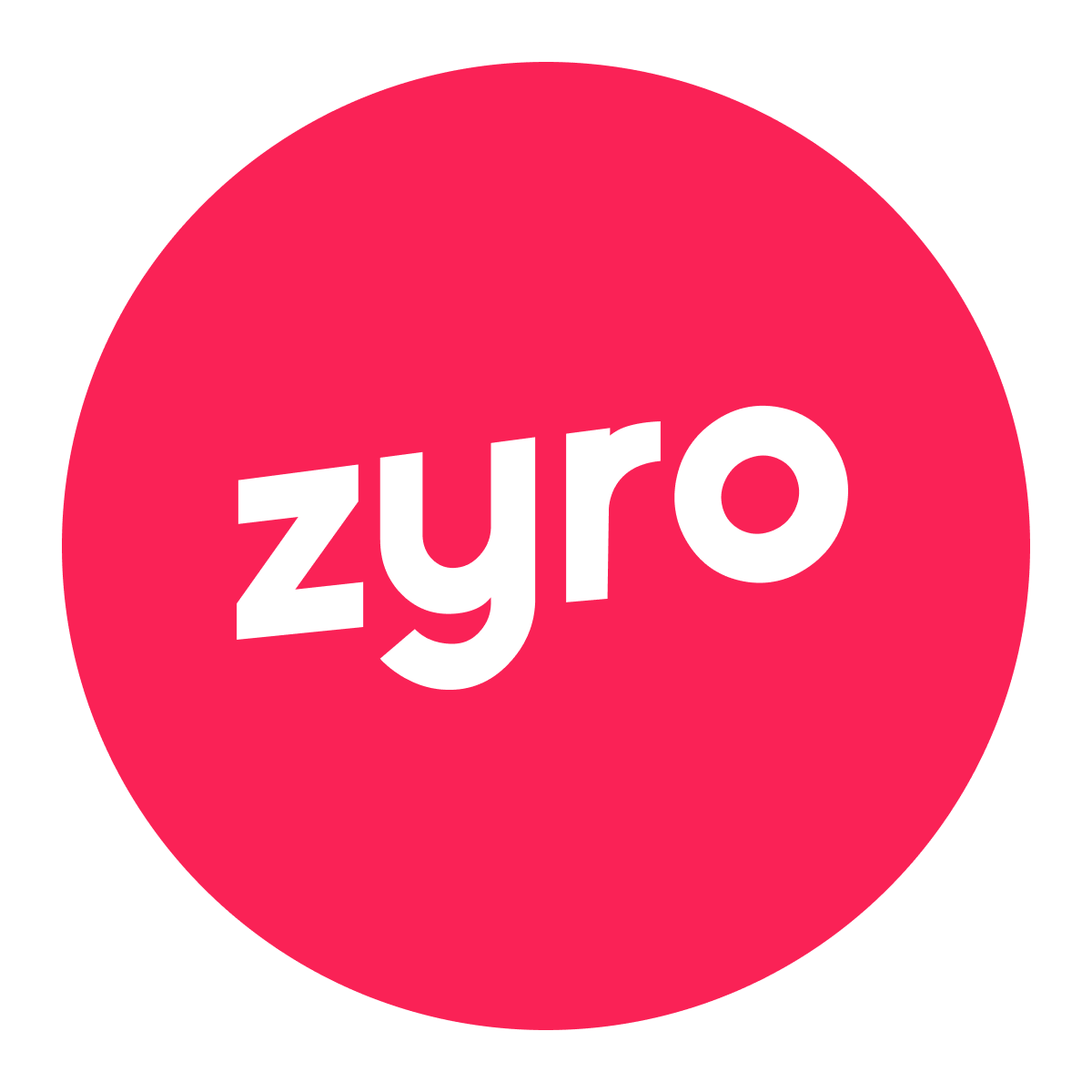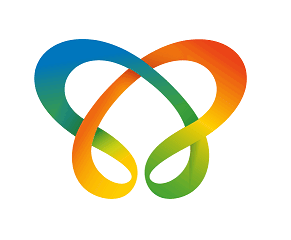Description

Scurri

Zyro
Comprehensive Overview: Scurri vs Zyro
Scurri and Zyro are two distinct platforms serving different segments of the business technology landscape. Here's a comprehensive overview of both:
Scurri:
a) Primary Functions and Target Markets:
- Functions: Scurri is a delivery management platform primarily focused on optimizing and streamlining the shipping process for e-commerce businesses. Its core functionalities include label generation, tracking, and carrier management. It aims to improve efficiency in logistics operations and enhance the customer’s delivery experience.
- Target Markets: The platform targets e-commerce retailers, third-party logistics providers, and marketplaces that require an efficient way to handle parcel deliveries. It is particularly advantageous for businesses managing large volumes of shipments and those looking to improve their supply chain efficiency.
b) Market Share and User Base:
- Scurri operates in a niche market serving e-commerce businesses with significant logistics needs. It has successfully carved out a space in regions like the UK and Ireland, where it is a common choice for online retailers. However, compared to giants in the broader logistics and supply chain management software market, its overall market share is smaller.
c) Key Differentiating Factors:
- Scurri emphasizes seamless integration with major e-commerce platforms and carriers, enabling businesses to manage shipments from multiple sources within a single interface.
- It offers a high level of customization, allowing retailers to implement their brand elements into shipping communications.
- Scurri stands out with its focus on data-driven insights that help retailers make informed decisions to optimize their delivery strategies.
Zyro:
a) Primary Functions and Target Markets:
- Functions: Zyro is a website builder and e-commerce platform that caters to small businesses and individuals looking to establish an online presence quickly and affordably. It provides tools for creating websites, online stores, and blogs with the aid of templates and AI-driven tools.
- Target Markets: Zyro’s primary users are small to medium-sized enterprises (SMEs), freelancers, and entrepreneurs who need an intuitive and cost-effective solution for launching and managing a website or online shop.
b) Market Share and User Base:
- In the context of website builders and e-commerce platforms, Zyro competes with many established players like Wix, Shopify, and Squarespace. Its market share is smaller compared to these leading platforms but growing due to its focus on affordability and ease of use.
- Zyro has managed to attract users who are seeking a simple and straightforward solution without the steep learning curve that some other platforms may present.
c) Key Differentiating Factors:
- Zyro differentiates itself through its use of AI-based tools, such as a logo maker, business name generator, and heatmap analysis for optimizing website design and layout.
- It offers an extensive library of templates designed for various industries, making it easy for users to pick and customize a design that suits their needs.
- Zyro's pricing is highly competitive, appealing to budget-conscious individuals and businesses looking for functional yet economical solutions.
In summary, Scurri and Zyro serve different needs within the business technology space. Scurri focuses on logistics management for e-commerce, while Zyro provides a platform for website and online store creation. Scurri’s strengths lie in logistics integration and data insights, whereas Zyro excels in simplicity, affordability, and AI-driven design tools. Their market share reflects their respective niches, with Scurri operating more regionally and Zyro appealing broadly to the SME segment in the competitive website builder market.
Contact Info

Year founded :
2010
+44 20 3603 3123
Not Available
Ireland
http://www.linkedin.com/company/scurri

Year founded :
2019
Not Available
Not Available
Lithuania
Not Available
Feature Similarity Breakdown: Scurri, Zyro
Scurri and Zyro are two distinct platforms that serve different primary functions, so their feature sets have limited overlap. Here’s a breakdown of their features, user interfaces, and any unique offerings that set them apart:
a) Core Features in Common
While Scurri and Zyro target different audiences and problems, they might share some broad, general features typical in modern web-based services:
-
User-Friendly Interfaces:
- Both platforms are designed with an emphasis on ease of use, enabling users without extensive technical knowledge to effectively utilize their services.
-
Integration Capabilities:
- Each offers the ability to integrate with other systems and platforms, which is crucial for workflow efficiency. Scurri provides integration options with ecommerce and shipping services, while Zyro integrates with tools aimed at expanding website functionality (like analytics or ecommerce features).
-
Cloud-Based Platforms:
- Both services are cloud-based, which ensures they are accessible from anywhere with internet access and offer benefits such as remote data management and updates.
b) User Interface Comparison
-
Scurri:
- Focuses on functionality related to order fulfillment and shipping management. The interface typically includes dashboards for order tracking, multi-carrier management, and reporting tools. It's designed to simplify complex logistics processes with a focus on operational efficiency.
-
Zyro:
- Provides a more creatively oriented UI aimed at building and managing websites. It includes drag-and-drop features, customizable templates, and easy access to design tools calibrated for users focused on visual presentation and business branding.
The key difference in UI is that Scurri’s user interface is oriented towards data visualization concerning logistics, whereas Zyro's is geared toward web design and aesthetic customization.
c) Unique Features
-
Scurri:
- Multi-Carrier Integration: Offers advanced features for managing relationships with multiple shipping carriers, tracking shipments and optimizing delivery methods.
- Shipping Rate Management: Specialized tools for negotiating and managing different shipping rates and options.
-
Zyro:
- AI Tools: Incorporates AI-powered tools such as a logo maker, AI-powered content generation tools, and heatmaps for understanding user interaction.
- E-Commerce Features: Provides end-to-end solutions for setting up an online store, complete with inventory management and payment processing integrations.
In summary, while Scurri and Zyro may have some overlapping business features from a high-level perspective, they each excel in their niche markets with unique tools tailored to their respective user bases—Scurri in shipping optimization and Zyro in website creation and design.
Features

Not Available

Not Available
Best Fit Use Cases: Scurri, Zyro
Scurri
a) For what types of businesses or projects is Scurri the best choice?
Scurri is a delivery management platform that is ideal for e-commerce businesses of various sizes. It is especially beneficial for:
-
Online Retailers: Businesses that deal with a high volume of daily shipments can greatly benefit from Scurri’s capabilities to streamline delivery processes and improve efficiency.
-
Marketplace Sellers: Companies that sell on multiple platforms like Amazon, eBay, or their own e-commerce websites can use Scurri to manage shipments seamlessly across these channels.
-
Third-Party Logistics (3PL) Providers: Logistics companies that manage shipping and delivery for other businesses can leverage Scurri to offer robust, integrated solutions for their clients.
Scurri provides businesses with features like multi-carrier integration, real-time tracking, and custom reporting, making it an attractive option for companies looking to enhance their logistics operations.
d) How does Scurri cater to different industry verticals or company sizes?
Scurri is versatile and scalable, accommodating both small startups and large enterprises. For small to medium businesses (SMBs), Scurri offers scalable pricing and features that can grow with their business. For larger enterprises, the platform provides complex integration options and analytics capabilities needed to manage vast and varied shipping demands. The software can be particularly beneficial for verticals such as fashion, electronics, and health and beauty, where efficient delivery services are paramount.
Zyro
b) In what scenarios would Zyro be the preferred option?
Zyro is a website builder and e-commerce platform that is ideal for:
-
Small Business Owners: Entrepreneurs and small business owners who need an affordable, easy-to-use solution to establish an online presence without heavy technical involvement.
-
Startups: New ventures looking for a cost-effective way to launch websites quickly and efficiently.
-
Freelancers and Creatives: Individuals in need of personal portfolio websites or creative professionals looking to showcase their work can benefit from Zyro’s simple design tools and templates.
-
E-commerce Startups: Small businesses wishing to sell products online can use Zyro's e-commerce capabilities to build shops easily and manage sales.
d) How does Zyro cater to different industry verticals or company sizes?
Zyro's ease of use and flexible pricing plans make it accessible for individuals and small to medium-sized businesses across various verticals. Industries such as fashion, food and beverages, lifestyle, and creative arts can all find tailored solutions within Zyro’s offerings. While larger enterprises may need more advanced features and customizations than Zyro currently provides, the platform excels in enabling quick launches and straightforward management for smaller-scale operations. Its AI-driven tools and simple design interface make it particularly appealing to non-technical users looking to establish an engaging digital footprint.
Pricing

Pricing Not Available

Pricing Not Available
Metrics History
Metrics History
Comparing teamSize across companies
Conclusion & Final Verdict: Scurri vs Zyro
To provide a conclusion and final verdict on Scurri and Zyro, let's delve into the details of each product, considering the value they offer, their pros and cons, and specific recommendations for users choosing between them.
Conclusion and Final Verdict
After a comprehensive evaluation of Scurri and Zyro, considering features, ease of use, customer support, scalability, and pricing, Zyro emerges as the product offering the best overall value for general users, particularly small to medium-sized businesses and individuals seeking an easy-to-use website builder. Scurri, while offering excellent shipping and logistics solutions, is more niche in its application, serving businesses that require robust shipping management tools.
Pros and Cons
Scurri
Pros:
- Robust Shipping Solutions: Scurri offers a strong platform for managing shipping and logistics, making it an excellent choice for businesses with significant shipping needs.
- Integration Capabilities: It integrates well with various e-commerce platforms and carriers, providing users with a seamless logistical workflow.
- Scalability: Suitable for growing businesses that expect to scale their shipping operations.
Cons:
- Niche Application: Primarily focused on companies with substantial shipping and logistics needs. It might be overkill for those with minimal shipping requirements.
- Complexity: It may require a learning curve for users unfamiliar with logistics management software.
Zyro
Pros:
- Ease of Use: Zyro is user-friendly, with a drag-and-drop interface that makes it accessible for non-technical users.
- Affordability: Offers reasonably priced plans, making it attractive for small businesses and entrepreneurs.
- Comprehensive Tools: Provides a range of tools including AI-powered features for quick and efficient website building.
Cons:
- Limited Advanced Features: While excellent for beginners, it may lack some advanced functionalities required by larger enterprises.
- Design Flexibility: Might be restricted in terms of design customization compared to some high-end website builders.
Recommendations
For users trying to decide between Scurri and Zyro:
-
Choose Scurri if your primary requirement is an efficient logistics and shipping management platform. It is ideal for e-commerce businesses or companies with a high volume of shipments, where streamlined operations can significantly impact overall efficiency and customer satisfaction.
-
Opt for Zyro if your focus is on building a website quickly and affordably. It caters to individuals and small businesses looking to establish an online presence without diving deep into complex design and development processes.
-
Evaluate Your Needs: Start by clearly outlining your business needs. If your priority is managing deliveries, go with Scurri. If it’s about building or revamping a website, Zyro should be your pick.
-
Scalability and Long-term Use: Consider your long-term business goals. Scurri offers robust solutions that can scale with your logistical needs, while Zyro provides a platform that may require a switch to a more advanced builder as your business grows.
In summary, your decision should be guided by the specific needs and goals of your business. Scurri is excellent for specialized logistics management, while Zyro provides a strong value proposition for website creation, catering well to general users seeking simplicity and cost-efficiency.
Add to compare




